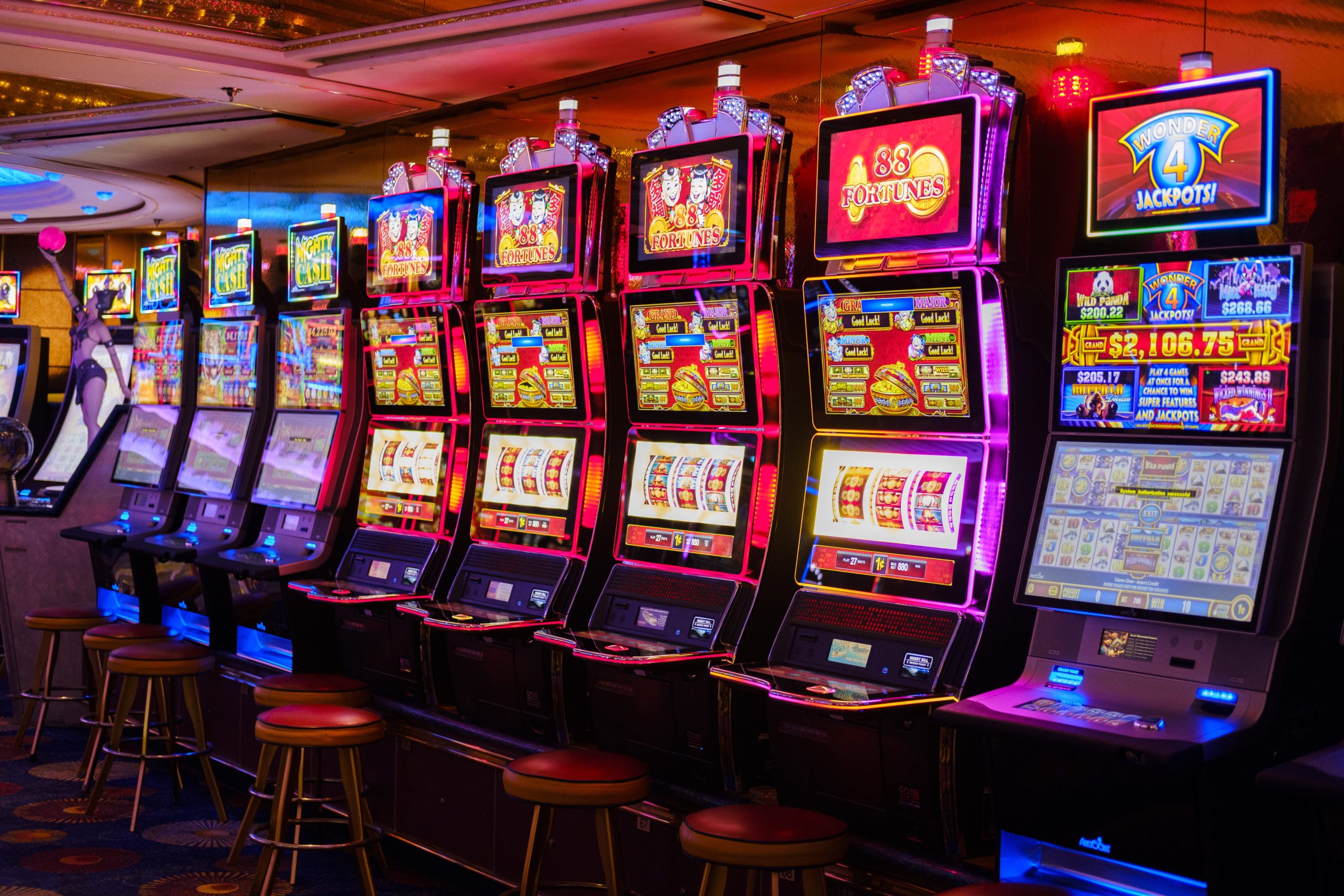
Stacking the Odds: A Breakdown of Casino Probability
Casinos employ complex mathematical models and probability theory to determine the odds and house edge for their games. While each game has its own unique odds compilation methods, there are some overarching principles used by casinos worldwide to ensure the games favour the house. In this article, we will explore the key factors that go into calculating casino odds and give insights into how the gaming industry leverages maths and statistics to its advantage.
The Math Behind the Magic – How Casinos Calculate the Odds
Casinos use random number generators, house edges, and statistical probability to calculate the odds and payouts for their games. Random number generators (RNGs) are algorithms that produce sequences of numbers randomly to determine game outcomes. They ensure results are unpredictable and fair. RNGs are extensively tested and certified by third-party labs to guarantee randomness and fairness. Different types of RNGs are used based on the game, including hardware-based physical RNGs for live tables and software-based pseudo RNGs for virtual games.
The house edge represents the mathematical advantage casinos have over players in each game. This is built into the odds to guarantee profits over time. The house edge varies significantly between games, ranging from 0.5% for blackjack when played optimally to 25% or more for slots and roulette bets like single numbers. The higher the house edge, the more slowly a player’s bankroll will deplete over many bets. Calculating the house edge involves determining the theoretical payouts for a game and comparing this to the actual payouts given to players. The difference is the casino’s advantage.
Probability theory determines the likelihood of certain outcomes based on the game’s rules and variables. By understanding the probabilities, casinos can set appropriate payouts and odds. For example, the probability of getting a royal flush in poker is 1 in 649,740 hands. This rarity allows casinos to offer a large payout for hitting the jackpot. Extensive probability analysis goes into setting the odds and payouts for every casino game.
| Game | House Edge |
|---|---|
| Blackjack | 0.5% |
| Roulette | 5.26% |
| Slots | 5-15% |
| Craps | 1.41% |
| Baccarat | 1.06% |
Setting the Table – How House Edge Works
The house edge, also known as the casino advantage, represents the amount casinos expect to profit from each game over time. It is built into the odds and payouts of the games. Different games have different house edges based on their rules, variability of outcomes, and payout structures. For instance, blackjack may have a house edge of 0.5% if played perfectly, while slots have a much larger house edge of 5-15% due to the higher randomness. The higher the house edge, the more casinos will earn in the long run.
To calculate the house edge, casinos determine the theoretical payouts of each game and compare this to the actual payouts provided to players. The difference between these numbers is the house edge. For example, if the theoretical payout for blackjack is 99.5% based on perfect strategy, but the actual payout is only 97.8% due to the rules favouring the house, the house edge is 1.7%. Casinos calculate these numbers down to the decimal to finely tune the house edges.
By adjusting factors like payout tables, rules, and player options, casinos can control the house edge to keep it within their profit goals. This allows them to ensure they can cover operating costs and still make a profit. By fine-tuning the house edge, casinos try to offer games that are enticing for players while still guaranteeing profits.
Probability Theory – The Math Behind Game Outcomes
Casinos rely extensively on probability theory to analyse the likelihood of different outcomes occurring in the games. This allows them to set fair and enticing odds and payouts. Probability considers all the possible outcomes of a game and the variables that can affect them. For example, in roulette the probability of the ball landing on a specific number is 1 in 38 (1/38) based on the 38 numbers on the wheel. This allows casinos to accurately offer a 35:1 payout on single number bets knowing the true odds are closer to 37:1.
Probability theory gets especially complex for card games like blackjack and poker where multiple decks, rule variations, and player decisions affect the probabilities. By crunching these numbers, casinos can fine-tune the odds and house edge to ensure they maintain their mathematical advantage in any scenario. For card games, this involves analysing the probabilities based on the composition of the remaining cards and adjusting the payouts accordingly.
Understanding the probabilities is key to setting odds that entice players while securing the house edge. Casinos employ teams of mathematicians, statisticians, and computer programmers to continuously analyse and update the game probabilities as rules and variables change. This ensures the odds and payouts strike the right balance.
To summarise, casinos employ elaborate mathematics to determine the odds and payouts for their games. Random number generators provide fair and unpredictable outcomes, while the calculated house edge ensures the casino profits in the long run. Probability theory allows casinos to analyse the likelihood of different results occurring and set the odds accordingly. While players may not realise it, maths and statistics are hard at work behind the scenes at every casino to keep the games profitable for the house. Through understanding the key principles casinos use to calculate odds and leverage them to their advantage, players can try to make the smartest bets and get the best odds possible when visiting a casino.
